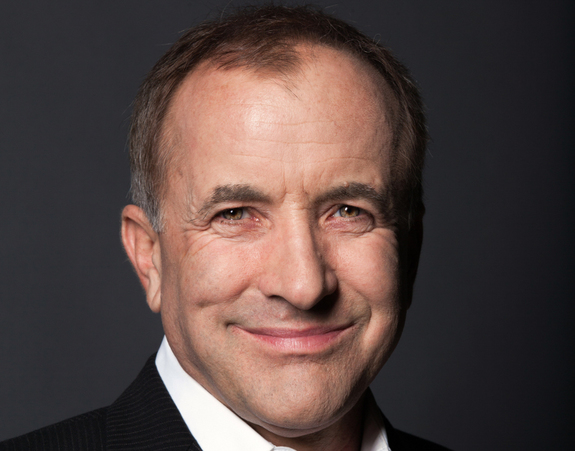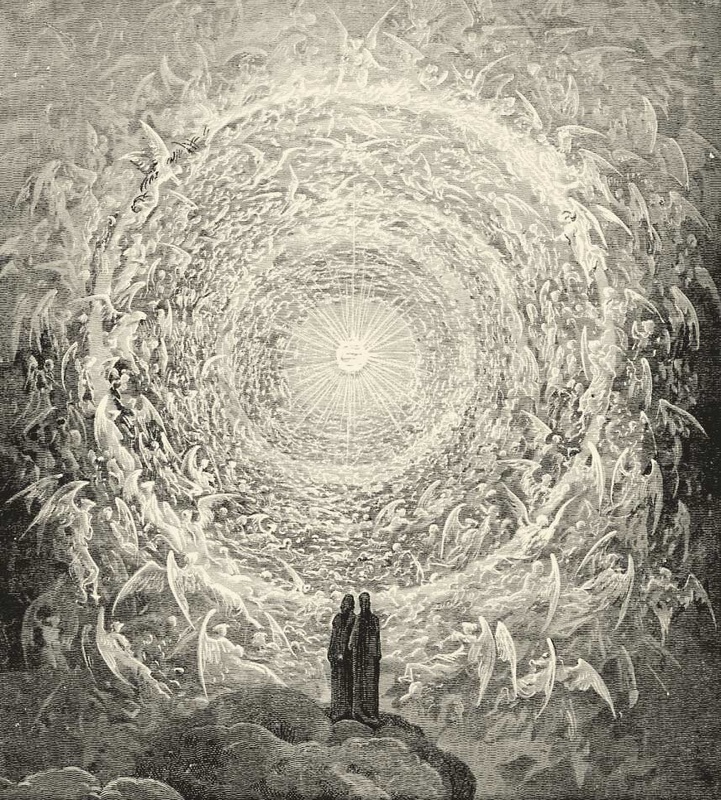A year or so ago, I came across Michael Shermer’s now famous article in Scientific American, “Anomalous Events that Can Shake One’s Skepticism to the Core.”(1) Shermer is best known as a popular debunker and founder of Skeptic magazine, but this article took a different tone. Shermer admitted to having witnessed an anomalous event that he could not explain; one that challenged his scientific skepticism.
The event was compelling enough. Immediately before Shermer’s wedding ceremony, his grandfather-in-law’s transistor radio, which had been broken for decades, spontaneously repaired itself and played love songs from the radio. It returned to its dysfunctional state the next day.
Shermer’s admission that we was unable to account for the event is admirably scientific. The occurrence would be enough to convince anyone that there might be something real to anomalous phenomena, and I, for one, was thrilled to learn that a debunker as hard-nosed as Shermer was willing to reconsider his approach to the paranormal, if only on one case in particular.
However, there’s something troubling about Shermer’s reaction to his experiences as well, and it reflects a wider issue in our society’s approach to the unexplained.
What’s troubling is not so much that Shermer took notice of anomalous phenomena when he did, but that he never did so before, even while millions of others were reporting identical experiences; that Shermer only opened his mind to the reality of the paranormal when it happened to him directly, and not when it when happened to anyone else.
The Limitations of Direct Experience
Direct experience with an anomalous phenomenon is certainly valuable, and often enough to change anyone’s mind. But this “seeing is believing” brand of skepticism, however principled and conservative it may seem, rests on shaky epistemic foundations.
To hold direct observation as the standard for truth implies that those of us who never see an anomalous event for themselves will never truly have the grounds to reach a conclusion on its reality. If NDEs, for example, were truly “divine” experiences, then the select few who experience them would be the only ones to know it, and scientists everywhere would be forever blind to this intricate and mysterious facet of our consciousness.
But the idea that we should all just wait for a personal experience flies in the face of western science. Science is a system for reaching shared truths that even those with no direct experience of them should be able to accept with confidence. With a truly scientific approach, we should be able to establish a standard of evidence that wouldn’t require us all to spend countless hours under the stars for our own glimpse of a UFO. This is not the way that we reach our conclusions on any of the more mundane phenomena we might encounter in our lives, and it’s not the way that we should reach our conclusions on whatever we choose to define as the paranormal.
What’s more, the idea that your subjective reaction to a particular anomalous experience should carry any more weight than any one else’s is epistemologically unsound. All observers, trained or untrained, professional or amateur, are working with the same flawed pieces of human hardware, and are subject to the same cognitive delusions. However flattering, the notion that you could make an observation that is epistemically stronger than someone else’s is indefensible.
What pull could one more assessment, as fallible as anyone else’s, possibly have on the collective judgment of thousands of first-hand witnesses who have already been forced to accept that anomalies are real? And why would anyone else who’s adopted the same “seeing is believing” standard for evidence accept your testimony, once you’ve had your own experiences? If everyone needed personal confirmation, there would be no way for you to convince anyone else of the truth once you’d found it for yourself.
And yet, every time we dramatize scientific investigation of the unexplained, we focus an inordinate amount of time chasing UFOs in night-vision goggles, or provoking ghosts in haunted homes, looking for confirmation in a single, personalized observation. The result is always the same: no definitive conclusion can be established, and no conclusion ever will be. Observations on demand are a privilege afforded to researchers in some fields, but they can’t be relied upon in the field of anomalistics, and they are certainly not a prerequisite for a scientific investigation. There are other ways of assuring ourselves of the reality of anomalous phenomena, and it’s time we turned our focus to them instead.
Moving beyond the Anecdotal
If Shermer is truly in support of a more open-minded, yet skeptical investigation of anomalous phenomena, then he needs to expand his data set beyond his own personal experience. We will never reach a sound conclusion on the basis of a single datum, and we will never prove the existence of an alleged phenomenon on the basis of a single encounter. It is the sum of our experiences together, and the weight of their volume and congruency, that give us the assurance that something objective is happening, and that we have not just succumbed to individual sensual errors. A descriptive phenomenology will do much more to advance our understanding than a good story, no matter how compelling.
Given the fickle and unpredictable nature of most anomalous phenomena, there’s simply no way around our dependency on eyewitness testimony, flawed though it is. We’re going to have to learn to take witnesses seriously, and maybe establish a better standard for assessing their credibility. It’s just not scientific to ignore all eyewitness testimony (at least as it pertains to a certain range of phenomena) simply because it is not totally reliable. Denying certain claims wholesale and a priori is not an honest application of scientific skepticism; the kind that Shermer advocates elsewhere in his work.
We’ll never get anywhere in our study of anomalous phenomena if we wait around for personal confirmation. It is essential that we shed our irrational fear of accepting testimony of disquieting events, and learn from each others’ experiences. To deny the testimony of our peers is only to narrow our perception of the world, and to deny an important facet of our bizarre and intricate universe.
A personal experience is a transformative one, to be sure, and cause to “marvel in the mysterious,” as Shermer says. But this can’t be the only thing to turn us onto the unexplained. We need to move beyond the simple notion that seeing is believing.
- Jason Charbonneau
1. Michael Shermer, “Anomalous Events That Can Shake One’s Skepticism to the Core,” Scientific American 311, no. 4 (2014). http://www.scientificamerican.com/article/anomalous-events-that-can-shake-one-s-skepticism-to-the-core/ (accessed February 16, 2016).



 RSS Feed
RSS Feed

